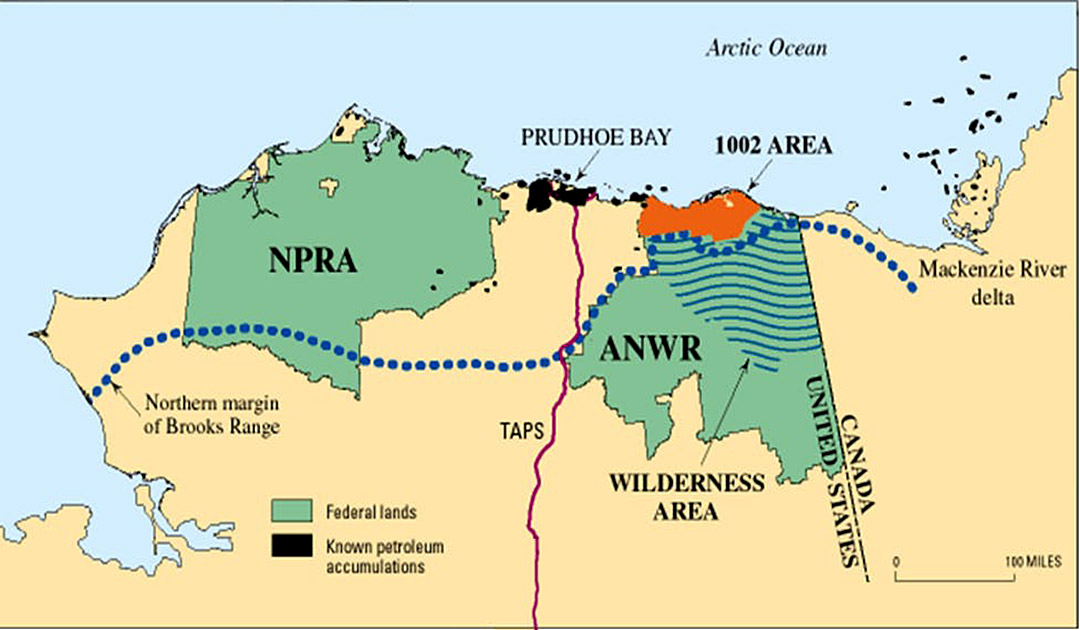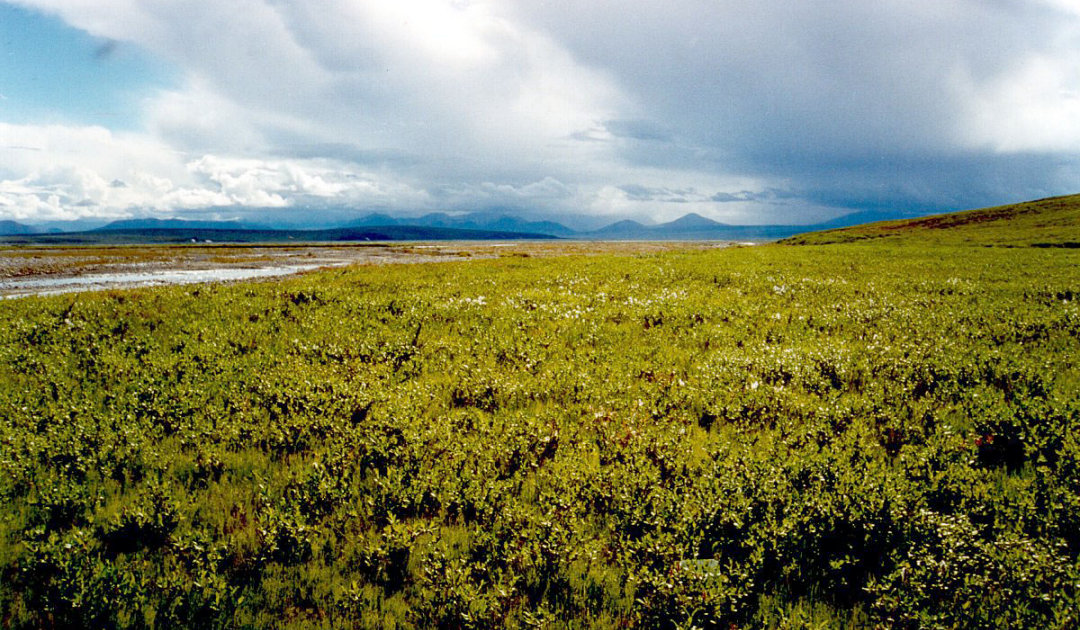
The battle over proposed oil and gas development in the Arctic’s largest U.S. wildlife refuge, the Arctic Wildlife National Refuge, has been a decades-long one. While proponents have the economic development of the region in mind, opponents see the endangerment of the both culturally and ecologically important region in northern Alaska. The Trump administration had pushed for the extraction and signed it into law so that it could now hold an auction for the lease rights just before the end of still-President Trump’s term. Opponents have sued to stop it and filed a motion in U.S. District Court in Anchorage. The decision has now been made.
The U.S. District Court in Alaska and Judge Sharon Gleason have denied the motion to halt the proposed auction for the sale of extraction leases. The motion, brought by environmental and American Natives association, had called for the auction today, Wednesday, Jan. 7, not to go ahead until all pending lawsuits against the extraction projects and the auction had gone through the courts. The associations had complained that the official bodies and proponents of the projects had not properly considered nature conservation and environmental protection in their surveys which had been the basis for the lease sale. Judge Gleason based her ruling on the fact that the plaintiffs could not sufficiently demonstrate any damages so that she could have ordered a halt. However, her ruling also stated that “the government has not taken final action on a survey proposal” as reported by the AP agency and various media outlets.

But in her ruling, the judge left a loophole open for opponents: Should the U.S. Bureau of Land Management carry out “ground-disturbing measures” in its further surveys, an injunction could be sought to halt the survey. Environmental and American Native groups expressed disappointment at the decision, while a government spokesman called it “expected and not surprising.” However, opponents have announced that they will continue to fight against the planned projects.
The auction is scheduled to take place today. But the extent to which lease sales are expected to generate the planned US$1 billion is questionable. This is because, only a few bids have been received according to experts. Supporters of the auction explain that this is tactics of interested parties. Opponents, on the other hand, say that the big companies have withdrawn from the auction and that these plans are hardly lucrative any more because of low oil prices. The current price of oil is around US$52 (as of 06 January 2021).
Dr Michael Wenger, PolarJournal





